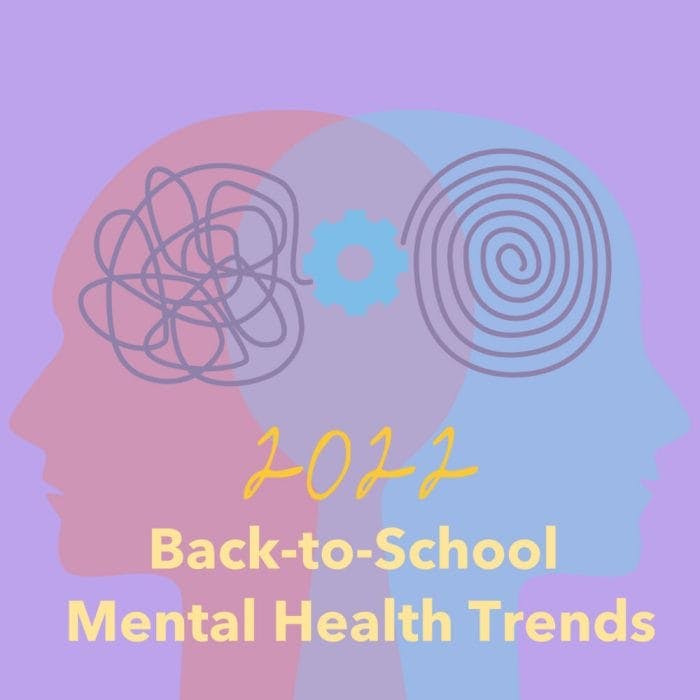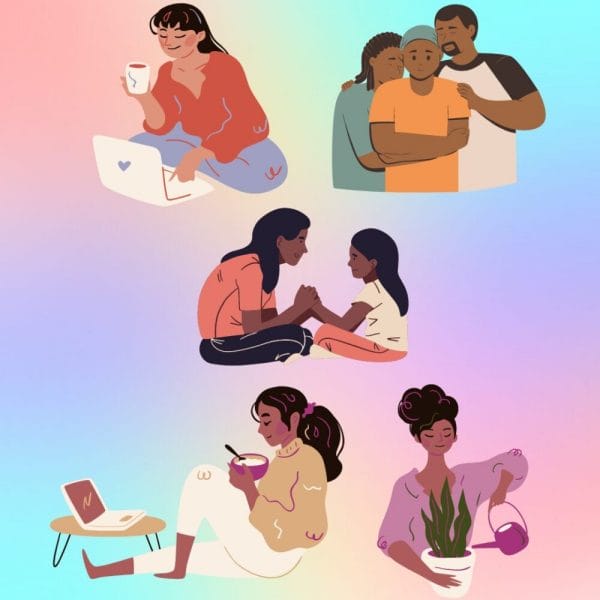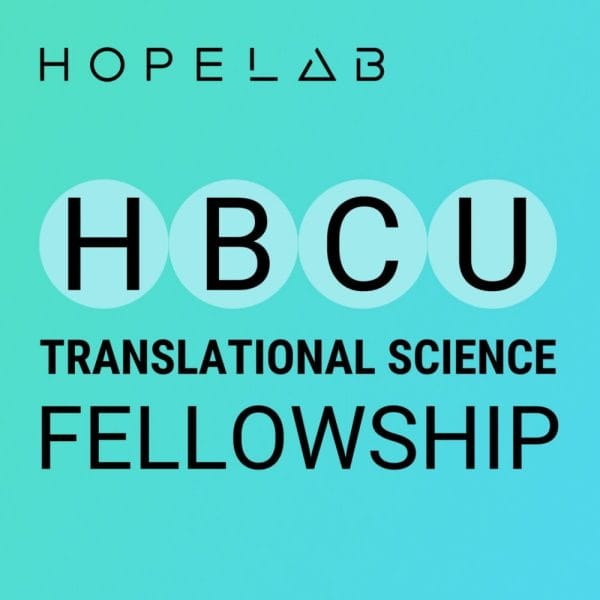Hopelab’s Head of Research Amy Green, Ph.D Advises on The Biggest Mental Health Challenges This Year for BIPOC and LGBTQ+ Youth
Back-to-school season has historically been an exciting time for many students. Interesting classes, new teachers, and time with friends. For some, this return is especially exciting after vacillating stay-at-home and quarantine orders that have ping-ponged students from in-person to virtual learning throughout the pandemic. For others, the back-to-school season might feel extremely scary and stressful. We see signs of this, with more than 3.7 million youth (age 12-17) who reported experiencing at least one major depressive episode in the past year. The return to school poses mental health challenges that teachers and parents alike must pay attention to.
The past few years have created looming effects on the decline in youth mental health, especially among BIPOC and LGBTQ+ youth. As the U.S. continues to grapple with the effects of the COVID-19 pandemic, gun safety, racially motivated attacks, and discriminatory legislation, there is growing concern from parents, educators, researchers, and policymakers that youth cannot simply adjust. Together, we must work to do more than just have conversations about these big issues. Though schools ideally provide support services and affirmation for BIPOC and LGBTQ+ youth, there is now an influx of states and schools where young people may not have access to health services they need, experience an increase in bullying, or cannot be their authentic selves. Now more than ever, it’s crucial to take a look at the challenges these young people face and proactively work to provide support systems that can combat these challenges.
Clinical psychologist Amy Green, Ph.D., Hopelab’s Head of Research, shares her perspective on what we can expect to see this school year, along with words from Hopelab Youthlab interns, Aliza and Rose about their personal experiences and perspectives on the topic.




